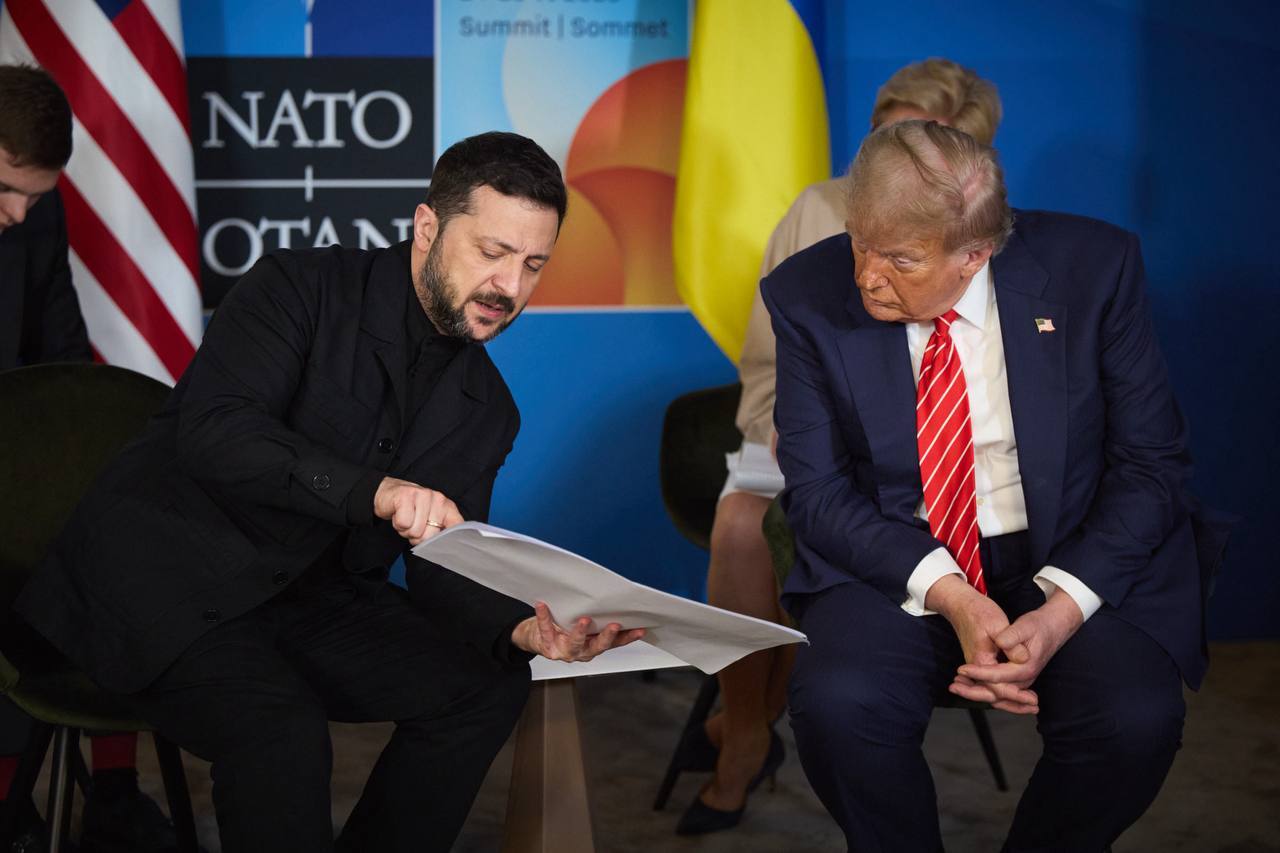Belgium-based holder of frozen Russian funds opposes expanding investment risk amid Ukraine aid push

The chief executive of Euroclear, a financial group holding the bulk of frozen Russian central bank assets, has warned against EU plans to generate more money for Ukraine by investing the funds in riskier assets, the Financial Times reported on July 15.
Valerie Urbain told the news outlet in an interview that the EU's proposal would amount to "expropriation" — forced seizure — because if Russia demands the assets back in the future, they would not be available.
That could trigger sanctions from Moscow and undermine the central securities depository's key role in the financial system.
"If you increase the revenues, you increase the risks. And so who is bearing that risk?" Urbain said.
At the outbreak of the full-scale war in Ukraine in 2022, the G7 countries immobilized roughly $300 billion in Russian sovereign assets, roughly two-thirds of which are held by the Belgian clearing house Euroclear.
Under the current framework, the 191 billion euro ($223 billion) Russian central bank assets held by Euroclear are invested conservatively with the Belgian central bank, generating low but steady returns.
This approach yielded around 4 billion euros ($4.3 billion) in windfall profits in 2024, which the EU allocated to help service a G7-backed 45-billion-euro loan for Ukraine (around $50 billion).
According to Urbain, Euroclear paid out 1.8 billion euros ($2.1 billion) this year.
Riskier investments would only be possible if Russia's right to restitution — meaning asset recovery — disappears, or if someone covers that amount, she said.
The European Commission has proposed reinvesting profits from Russian assets into riskier assets, as returns from them are declining due to the European Central Bank lowering its interest rates.
Riskier investments are also being considered as one tool to cover Ukraine's budget deficit in 2026, which in a worst-case scenario could reach a $19 billion shortfall.
To invest the asset profits more aggressively, the EU could create a "special purpose vehicle" (SPV) to which Russian central bank assets would be transferred for further reinvestment, according to Urbain.
"Legally speaking, the creation of an SPV would mean an expropriation of the cash from Euroclear," she said in the interview, adding that this would result "clearly (in) a position that we cannot bear."












